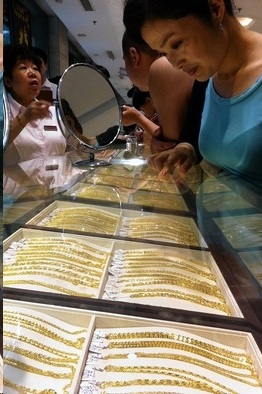13.08.2013 | 12:05 | Von Christian Höller (DiePresse.com)
Der Staatszuschuss für die Bad Bank der Kommunalkredit erhöht sich auf über zwei Milliarden Euro.
Österreich hat der KA Finanz, der Bad Bank der Kommunalkredit, weitere 200 Millionen Euro zugeschossen. Die Kapitalspritze wurde wegen der strengeren Eigenkapitalvorschriften, im Fachjargon Basel III, genannt, notwendig. Damit erhöht sich der Staatszuschuss für die KA Finanz auf etwas mehr als zwei Milliarden Euro. Im ersten Halbjahr 2013 verbuchte die KA Finanz ein negatives Periodenergebnis von 18,7 Millionen Euro. Eine Schließung der Bad Bank würde 2,9 Milliarden Euro kosten.
Die Kommunalkredit wurde im Herbst 2008 verstaatlicht. Danach wurde das Institut zweigeteilt. In der Bad Bank, der KA Finanz, liegen alle hoch riskanten Geschäfte.
In der „Good Bank“, der Kommunalkredit, verblieb das Geschäft mit den Gemeinden. Diese hat vom Staat 250 Millionen Euro erhalten. Die Good Bank sollte im ersten Halbjahr 2013 verkauft werden. Doch der Plan scheiterte. Den Rest des Beitrags lesen »



Du muss angemeldet sein, um einen Kommentar zu veröffentlichen.